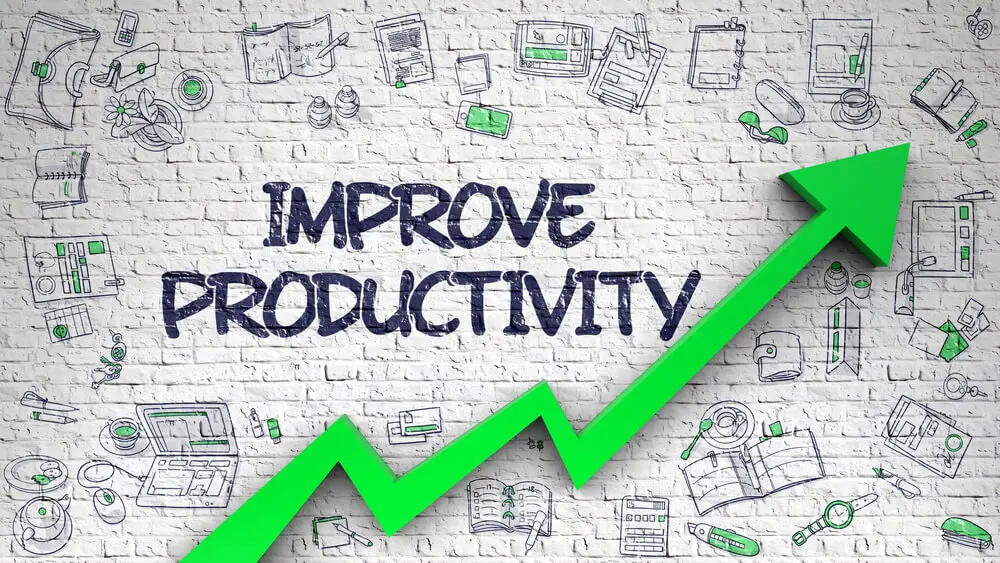Introduction
In today’s fast-paced world, effective task management is a crucial skill for achieving personal and professional success. Whether you’re a student juggling assignments, an employee managing projects, or an entrepreneur leading a business, the ability to manage tasks efficiently can make a significant difference in your productivity and overall well-being. This article explores various strategies and tools to help you master task management, enabling you to stay organized, focused, and in control of your responsibilities.
Understanding the Importance of Task Management
Before diving into the strategies, it’s essential to understand why task management matters. Task management involves organizing, prioritizing, and executing tasks in a systematic manner. It not only ensures that all necessary tasks are completed but also allows you to optimize your time, resources, and energy. Proper task management leads to reduced stress, increased productivity, improved decision-making, and a sense of accomplishment.
Setting Clear Goals and Objectives
The first step in effective task management is setting clear and specific goals and objectives. Without a well-defined purpose, you may find yourself overwhelmed with a seemingly endless list of tasks. By identifying your long-term goals and breaking them down into smaller, achievable tasks, you create a roadmap for success. Use the SMART (Specific, Measurable, Attainable, Relevant, Time-bound) criteria to frame your goals effectively.
Prioritizing Tasks
Once you have a list of tasks, it’s crucial to prioritize them based on their importance and urgency. The Eisenhower Matrix, also known as the Urgent-Important Matrix, can be a valuable tool here. It categorizes tasks into four quadrants: Urgent and Important, Important but Not Urgent, Urgent but Not Important, and Not Urgent and Not Important. Focus on tasks falling in the first two quadrants, as they align with your goals and have the most significant impact on your success.
Time Management Techniques
Time management is a core component of task management. Utilize various time management techniques such as the Pomodoro Technique, Time Blocking, and the 2-Minute Rule. The Pomodoro Technique involves breaking work into focused intervals followed by short breaks to maintain productivity. Time Blocking entails allocating specific time periods for specific tasks, and reducing multitasking and distractions. The 2-Minute Rule suggests completing any task that takes less than two minutes immediately to prevent accumulation.
Using Task Management Tools
In the digital age, numerous task management tools and apps are available to help you stay organized and on track. Popular tools like Todoist, Trello, Asana, and Microsoft To-Do offer features such as task categorization, due dates, reminders, and collaboration capabilities. Explore different tools to find the one that best fits your needs and workflow.
Adopting Task Delegation
Recognize that you can’t do everything on your own, especially when faced with an overwhelming workload. Learn to delegate tasks to team members or colleagues. Effective delegation involves identifying the right person for the task, providing clear instructions, setting expectations, and offering support when needed. By delegating tasks, you can focus on high-priority responsibilities and empower others to grow and contribute.
Breaking Tasks into Smaller Steps
Large and complex tasks can often feel daunting and lead to procrastination. To overcome this, break down significant tasks into smaller, manageable steps. This approach not only makes the task more approachable but also allows for a sense of progress and accomplishment as each step is completed.
Embracing Flexibility and Adaptability
Life is unpredictable, and plans may change. Embrace flexibility in your task management approach to accommodate unexpected events and changing priorities. Remain adaptable and open to adjusting your plans as needed while staying focused on your overarching goals.
Avoiding Multitasking
Contrary to popular belief, multitasking is not an efficient way to handle tasks. The brain is not designed to perform multiple tasks simultaneously, and attempting to do so can lead to decreased productivity and increased errors. Instead, focus on one task at a time, giving it your full attention before moving on to the next.
Evaluating and Reflecting
Regularly evaluate your task management methods and reflect on your progress. Ask yourself what worked well and what could be improved. Make adjustments as necessary to refine your approach and enhance your productivity and efficiency continually.
Conclusion
Task management is a fundamental skill that can significantly impact your personal and professional success. By setting clear goals, prioritizing tasks, utilizing time management techniques, and embracing flexibility, you can become a master of task management. Remember that effective task management is not about getting everything done but about accomplishing the most important tasks that align with your objectives. With dedication, practice, and the right tools, you can enhance your productivity and achieve your goals with ease.







